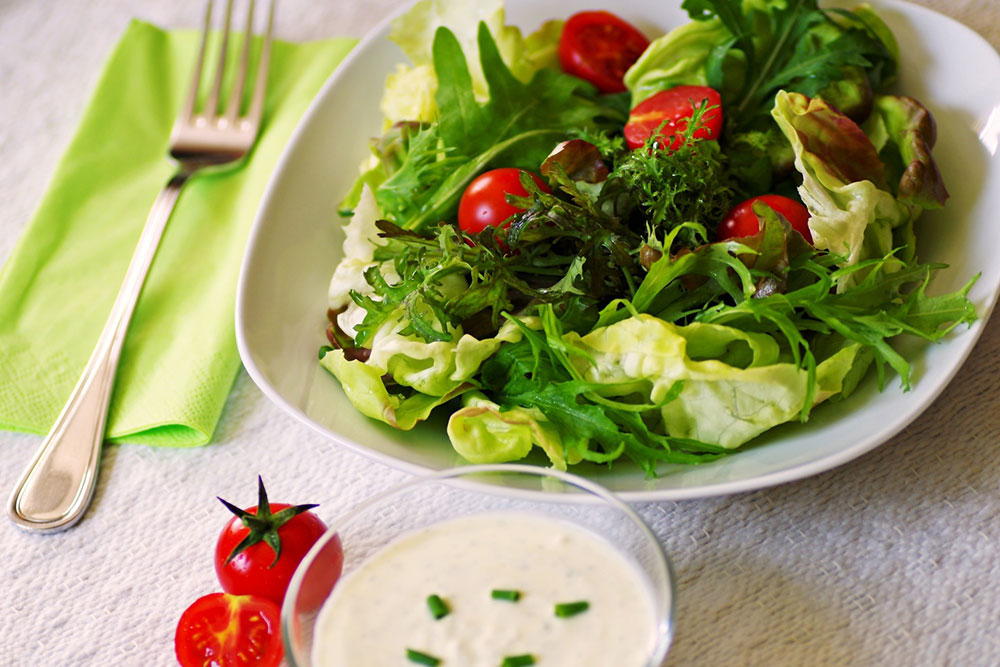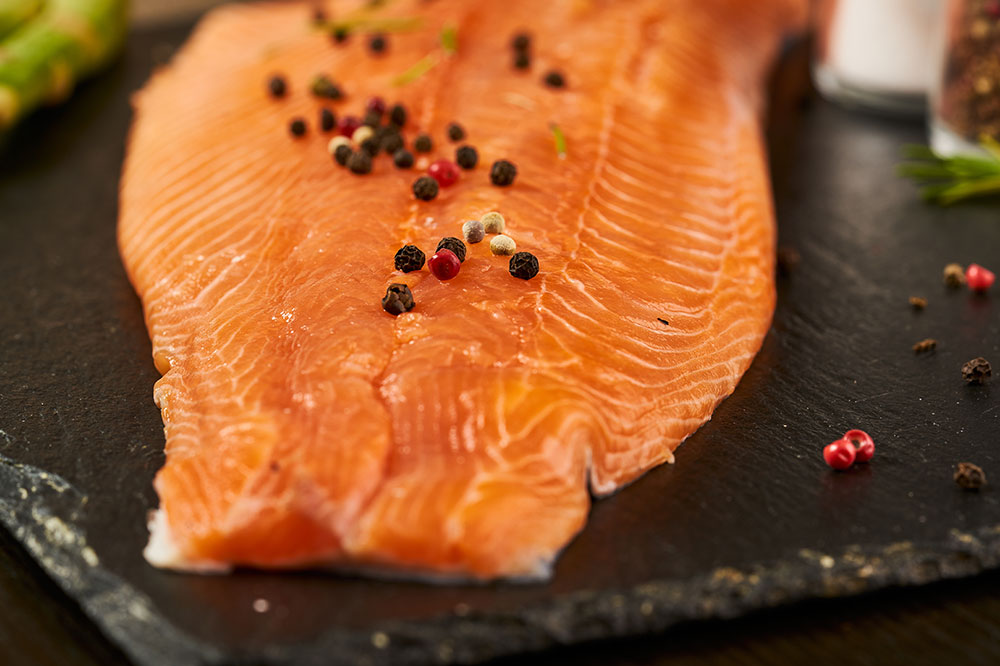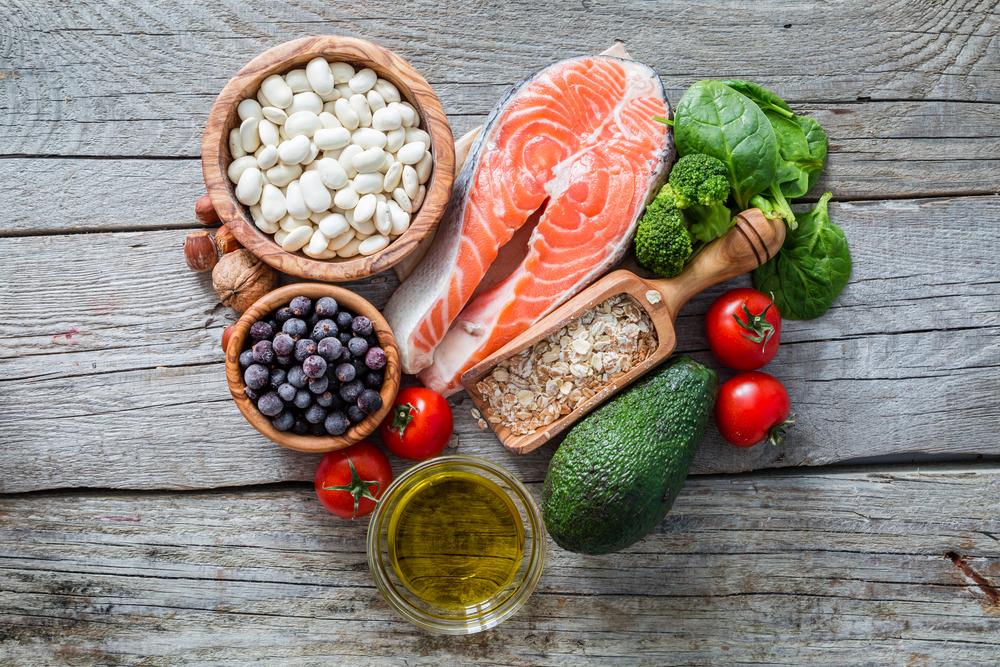Essential Nutritional Tips for Individuals Battling Breast Cancer
This article offers essential dietary guidelines for individuals with breast cancer, emphasizing the importance of balanced, nutrient-rich foods. It covers the benefits of fruits, vegetables, healthy fats, dairy, and whole grains to boost immunity and support overall health. Avoiding excess fats and processed foods is key to reducing risk factors associated with breast cancer, especially during adolescence and adulthood. Incorporating these dietary tips can aid in disease management and promote a healthier lifestyle.
Sponsored

Diet plays a significant role in influencing cancer development. Although no specific diet can guarantee prevention of breast cancer, certain foods support overall health and strengthen immunity, lowering risks. Opting for organic produce can help avoid harmful cellular changes. Incorporating plenty of vegetables, fruits, legumes, and whole grains aids in maintaining a healthy weight and provides vital energy, which may explain lower breast cancer rates in regions with plant-based diets.
Research indicates that teenage girls consuming high-fat diets during puberty may be more susceptible to breast cancer, even if not overweight. While ongoing studies explore diet-cancer links, excess calories and fats can increase estrogen levels, promoting abnormal cell growth.
Recommended Foods:
Fruits and Vegetables: Aim for at least five servings daily. These foods contain antioxidants and anti-estrogen compounds. Cruciferous vegetables like broccoli, cauliflower, cabbage, and kale are rich in phytochemicals that may shield against cancer. Whole fruits provide fiber and fewer calories compared to juices or dried fruits, which are calorie-dense but also fiber-rich.
Healthy Fats: Limit fats to under 30 grams daily, with saturated fats constituting less than 10% of daily calories. Avoid trans-fats found in baked goods, margarine, and processed snacks. Incorporate omega-3-rich fish such as salmon and sardines instead of red meats and processed meats high in salt and preservatives. Consider choosing turkey bacon over pork bacon without nitrates.
Dairy Products: Opt for skim or non-fat dairy options and favor organic sources to maximize nutrients like conjugated linoleic acid, avoiding synthetic hormones used in conventional dairy cattle.
Healthy Snacks: Keep on hand bell pepper strips, baby carrots, fat-free yogurt, and almonds as nutritious alternatives to processed snacks.
Whole Grains: Use whole grain flour in baking to boost fiber intake, helping reduce cholesterol, stabilize blood sugar, and improve satiety. These grains are also beneficial for easing constipation and maintaining digestive health.





